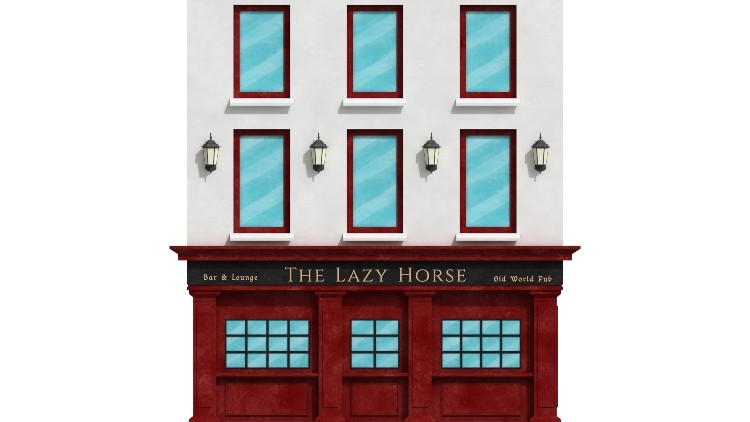Licensing Hub – Legal with Poppleston Allen
Beware of insolvency complexities

With pubs continuing to close at an alarming rate and significant issues in the casual-dining sector for one, the failure of licensed businesses is, sadly, not a rare occurrence.
Nevertheless, very often, the premises licence for a particular pub, restaurant or nightclub location can itself be a valuable asset and there are often other operators that want to take over the business or at least transfer the premises licence to themselves.
This is where operators need to be careful. Companies can get ‘wound up’ for various reasons, including because this may be a tax-efficient way for any over-arching business to run. The company that holds the licence may in fact not even be unable to pay its debts – insolvency under the Licensing Act can include situations where an ‘insolvency event’ has taken place even though there is money in the pot. Very often, the people involved in the insolvency (the accountants, lawyers and directors, for example) may not know the implications for the premises licence.
Equally, those who know about licensing law (perhaps the tenant, the local police and licensing authority) don’t know about the fact of the insolvency – many authorities only understand the very basics of how an insolvency event can cause a licence to lapse, and are not proactive in checking whether these things take place. It may only be when they receive an application, for example, a transfer to a new licence holder that they have cause to check, perhaps on Companies House, the status of the existing licence holder. Companies House, by the way, is not in real time. One can end up with a situation where negotiations to acquire a licensed business are at an advanced stage and only then is it apparent that the licence lapsed months, perhaps years ago.
Strictly speaking, the licensee will have been trading without an authorisation during that period although all other things being equal and so long as the licensing objectives have been promoted in the meantime it is unlikely that any enforcement action would follow.
Nevertheless, moving forward, the position is entirely different – the licensee, if he or she knows that the licence has lapsed, can hardly continue as though nothing has happened.
It will often be necessary to apply urgently for a new premises licence, perhaps with temporary event notices to cover the intervening period (or at least the busy nights) or if there is a shadow/ parallel licence held by, for example, the landlord, to ask to rely upon that licence for the time being.
Whichever way you look at it, things can get messy.
You also only have 28 days to transfer a lapsed licence – otherwise it is dead for ever.
This is a complicated legal area. If you find yourself in this position then seek legal advice but, at the very least, when acquiring a licensed business, carry out thorough due diligence on any previous licence holders, be they individuals or companies.
For any legal enquiries please visit Poppleston Allen's website.








